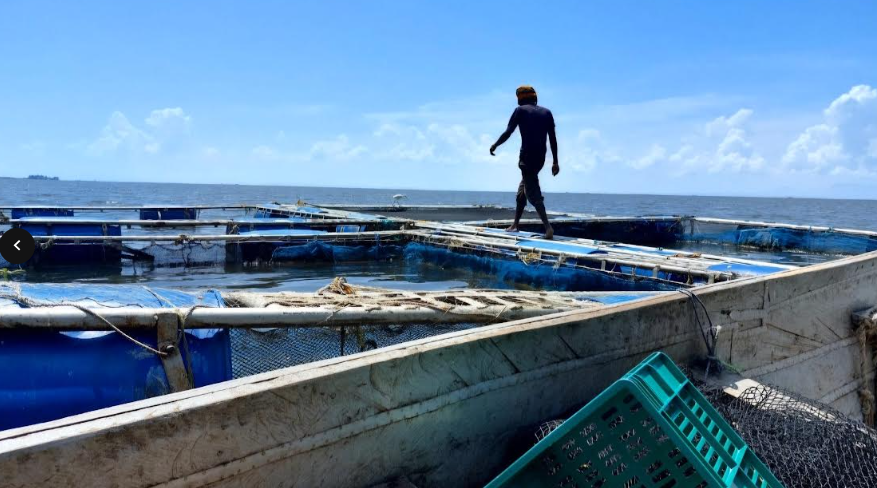Aquaculture stakeholders have urged the government to urgently convene a consultative forum to address gaps in the Fisheries Management and Development (aquaculture) Regulations 2024.
This comes after the Lake Victoria Aquaculture Association (LVA) obtained conservatory orders from the High Court to temporarily halt the implementation of the new regulations which were to take effect on 1st January 2025.
LVA Board Chairman Ochieng’ Mbeo, on behalf of the stakeholders, has written to Mining, Blue Economy and Maritime Affairs Cabinet Secretary (CS) Ali Hassan Joho, requesting for the meeting to iron out the contentious issues in the regulations and at the same time review the Fisheries Management and Development Act to establish a strong legal framework for the sector.
In the letter dated 30th December 2024, Mbeo said the association was forced to move to court to stop the implementation of the new regulations which seek to introduce a Sh50,000 licensing fee on all aquaculture investments in public waters and a 5 percent ad valorem fee on fish landed, a move he added risked stifling growth of the sector, undermining the country’s food security and development goals.
“Our intention has never been to engage in a legal tussle with the government. However, we had no alternative but to seek judicial intervention to protect the livelihoods of thousands of Kenyans who rely on the aquaculture sector,” he said.
On December 27, 2024, the High Court granted a conservatory order suspending the implementation of the regulations until 10th February 2025, creating what Mbeo described as a critical opportunity for constructive dialogue.
He called for a comprehensive review of the regulations and the Act, advocating for collaboration between government, industry stakeholders, and civil society to create a framework that fosters sustainable growth and aligns with fairness and equity principles.
Mbeo urged the CS to urgently convene the forum adding that the association and all stakeholders were committed to working with the government to ensure that the blue economy thrives.
By Chris Mahandara





